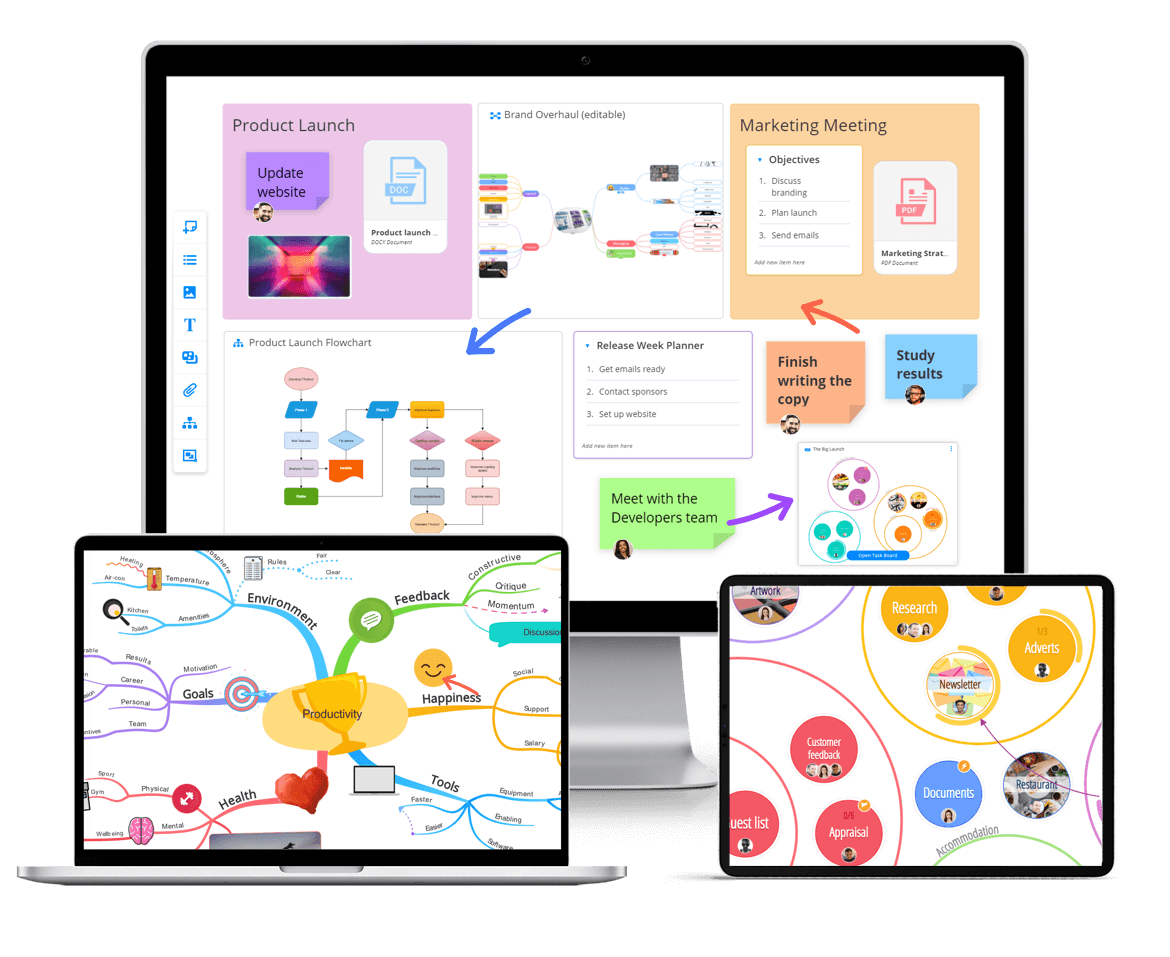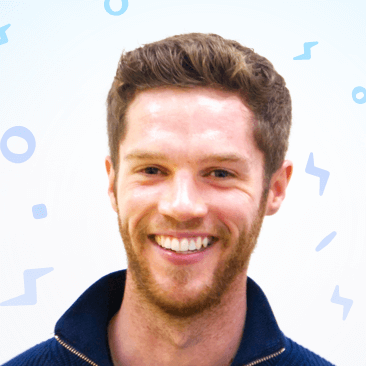October 5, 2022 (Updated February 7th, 2024)
Fostering inclusion and wellbeing with Ayoa
In a richly diverse world which also now possesses the wonders of virtual reality, more than ever it seems possible to leave one environment and escape into another. A simple trip to the cinema could see you meandering down country lanes, to walking through a bustling urban Chinatown, before taking your seat to watch interstellar space battles take place in front of your eyes.
However, no matter where you go, so too does your body and your mind, along with the now looming presence of diet culture. The latter places a lot of weight on the minds of far too many people which is why Nutriri, a not-for-profit social enterprise based in the UK, are looking to replace it by building weight neutrality and good health by default into everyday environments. To propel this mission of theirs, firstly a change in virtual environment was needed for the neurodiverse team led by Helen James. For this, they turned to Ayoa.
Helen’s vision of Nutriri came about by wishing to foster a kinder bond with our bodies following her yo-yoing relationship with food for 30 years, and has led to improving access to healthcare, nutrition and fitness without a weight focus. Addressing a root cause head-on was not only the spark for Nutriri but has been pivotal in so many other aspects of it too. For instance, even the name Nutriri harks back to an original source by drawing inspiration from the Latin word “nutrire” meaning “to nurture”.
Another great example of Helen attending to fundamentals was her recognition that as somebody with ADHD and Irlen Dyslexia, for Nutriri to be a success, she needed to discover a way in which both she and her colleagues could work together with nobody getting burnt out. This isn’t the easiest of tasks for people with neurological differences, who can be prone to overworking and hyperfocussing, let alone those aiming to tackle the dieting industry worth billions to the UK economy.
As an individual, in the early days of Nutriri, Helen was aware that she “was routinely putting in 50-70 hour weeks and showing an output that a neurotypical might produce in a day”. Very quickly it therefore became clear to Helen that “we [Nutriri] needed a tool that would enable us to put all of our work and communications in one place so that it would be easy to find, to improve focus, productivity and esteem”.
Having navigated the Access to Work scheme run by the UK Government to support those with disabilities in work, Helen came across Ayoa which would soon become the “structural lifeline” Nutriri was looking for. Designed with neurodiversity in mind so that neurodivergent and neurotypical individuals can work together to the best of their ability all in one place to reduce distractions, Helen felt that Ayoa would be the resource to help their venture. From the early days of adopting Ayoa when Nutriri received “amazing support from the get go” to 2 years down the line, it’s been a perfect companion for their mission.
Being neurodivergent Helen rightly does not see as a negative thanks to the numerous strengths it offers her but does appreciate that collaboration with others can sometimes be difficult, simply because of the various ways her brain prefers to work from time to time. As she puts it, “I am not disadvantaged by being such a visual thinker. I’m highly literate, but it’s not my go-to form of creativity. So I can be visual and I can collaborate with members of my team who love to create with words.” Ultimately, Helen’s neurodivergence offers her an ability to see what others are unable to whilst also possessing an ambidextrous approach to thinking styles.
Whilst this is certainly a gift, it can be difficult to make the most of when constrained to a predominantly neurotypical world. However, thanks to Ayoa “allowing neurodivergent people to collaborate with neurotypical people in the same working space on an equal footing” this is just one of the problems Ayoa resolved for the Nutriri team.
Collaboration is massive for any company (which whether they know it or not are likely to have employees with neurological differences considering 1 in 7 people are neurodivergent) but in the case of Nutriri it is especially important. As a self-employed company director, Helen finds herself splitting her Access to Work support hours between more than one PA over a series of different days, presenting plentiful opportunities for communication to break up or tasks to be dropped. Any potential slip ups though are “made easier through AYOA; support tasks and projects can be seamlessly handed over between that day’s support and another with no hiccups and not requiring me [Helen] to relay information again.”
Beyond hurdling the collaboration challenge which sometimes presents itself between neurodivergent and neurotypical individuals, Ayoa has also been able to support Helen and her Nutriri team in other ways. For instance, along with collaboration, another fundamental of a successful organisation is that of clear leadership. As director of Nutriri this responsibility falls on Helen but aspects of her neurodivergence prior to using Ayoa left her in a high-stress state of overworking, overwhelmed due to working with multiple pieces of different software, and lost with endless email chains.
Fortunately, since implementing Ayoa, these disruptions have been dispelled, instead ushering in a feeling of calm and clarity. This has been achieved thanks to how “having almost everything in one place is really helpful” for Helen, leaving “less chance to meander off task” and instead become more productive. Helen also says that it has resulted in her “fluctuating executive function when it comes to memory and recall being supported thanks to Ayoa serving as a holding tank for any hyper focuses (those days when I must feel ‘too much’ to a neurotypical mind) and then be instantly accessible on those days when my focus is adrift to get everything back on course.”
The impact which Ayoa has for somebody like Helen who has a neurological difference and is running a business can not be overstated. By eradicating common troubles faced by those with neurological differences, it also allows for their strengths to shine. As a result, Ayoa has become the hub where Nutriri develop food & body ease course content, put together bids for funding and proposals, collaborate on social media campaigns, gather content for handbooks, plus lots more. Brilliantly, Ayoa goes one step further for Helen though by giving her not just the means to capture and develop her ideas but express them too.
For instance, at a recent ‘Weight stigma in healthcare’ roundtable at MyNutriWeb with Prof Giles Yeo, Prof Paul Gately, Dr Adrian Brown, and Dr Angela Meadows, Nutriri founder, Helen James, turned to Ayoa’s mind mapping presentation mode. By illustrating the natural flow of her thoughts and giving her prompts, the mind mapping presentation mode made it easier for Helen plus her audience to follow her thought process whilst she demonstrated that “weight centric programming simply isn’t working and appears to worsen outcomes for communities”.

In addition, “this year, Nutriri was invited to contribute to a government inquiry on body image and its impact on mental and physical health. So we [Nutriri] are being heard at the highest level, and being able to contribute to nationwide strategies to improve people’s physical health and mental wellbeing at every body size.”
Sharing her thoughts at the Houses of Parliament might well be Nutriri’s largest success to date when it comes to promoting the need to measure people’s mental wellbeing, their reduction in disordered eating and their increases in enjoyable movement, rather than their weight. However, Helen and the team know that as a not-for-profit social enterprise enabling people to be healthier and happier without spending a fortune, they still have a long way to go as an alternative to powerful but harmful dieting organisations.
Nevertheless, as righting the wrongs of injustice is Helen’s driving force behind Nutriri, she is determined to continue with her transformational work. With Nutriri improving their “relationship building with public sector providers and commissioners thanks to becoming better at keeping track of everything”, Helen knows that “progress in ‘weight neutral’ social prescription is happening now and will continue to strengthen”, and “that success can easily be attributed to Nutriri’s use of Ayoa”. What changes this will lead to in society, only time will tell, but here at Ayoa we’re proud to be a part of it and can’t wait to see what comes next!
To learn more about Helen and Nutriri’s work, please visit their website, Facebook, Twitter, LinkedIn and Instagram.

Work inclusively
Ayoa is the neuro-inclusive collaborative digital workspace where neurodivergent and neurotypical individuals can work together to the best of their abilities.
Try it for free
